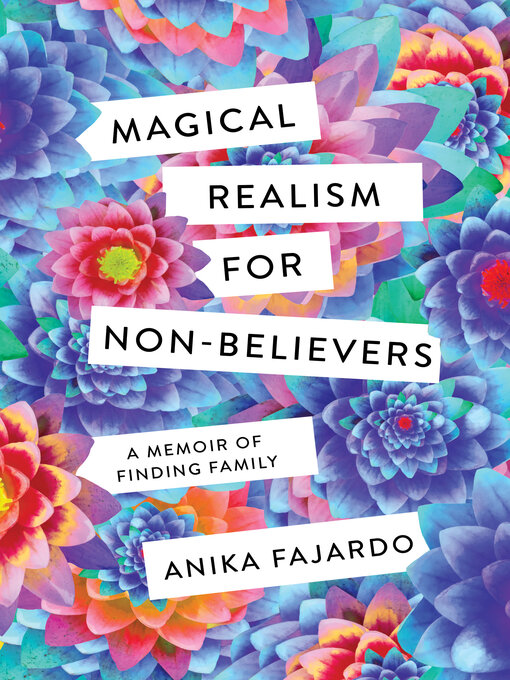A young woman from Minnesota searches out the Colombian father she's never known in this powerful exploration of what family really means
He loved Colombia too much to leave it. The explanation from her Minnesotan mother was enough to satisfy a child's curiosity about her missing father. But at twenty-one, Anika Fajardo wanted more. She wanted to know her father better and to know what kind of country could have such a hold on him. And so, in 1995, Fajardo boarded a plane and flew to Colombia to discover a birthplace that was foreign to her and a father who was a stranger. There she learns that sometimes, no matter how many pieces you find, fitting together a family history isn't easy.
With her tentative entry into her father's world, Fajardo steps on a path that will take her in surprising directions, toward unsuspected secrets about her family and herself. Set against the changing backdrops of Colombia and the American Midwest, her journey carries her back to the 1970s and the beginnings of her parents' broken marriage, and forward to the present day, where the magic and reality of love and heartache—and her own experience as a parent—await her. The way is strewn with obstacles, physical and metaphysical—from the perils encountered on a mountain road in Colombia to the death of a loved one to the birth of her own child—but the toughest to negotiate are the shifting place of memory and truth while coming to understand her place in her family and in the world.
Vivid and heartfelt in the telling, Fajardo's story is powerfully compelling in its bridging of time and place and in its moving depiction of self-transformation. Family, she comes to find, is where you find it and what you make of it.


